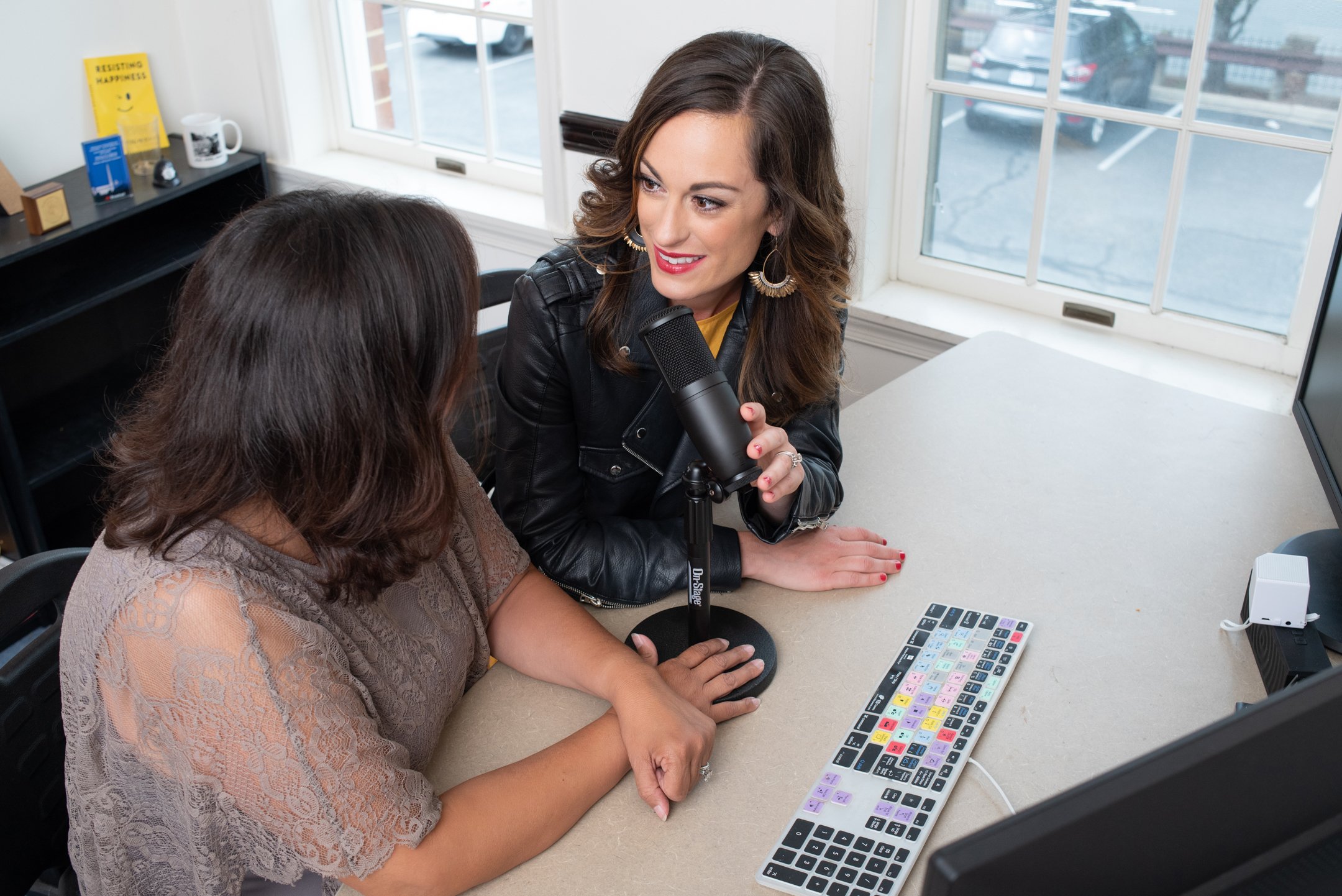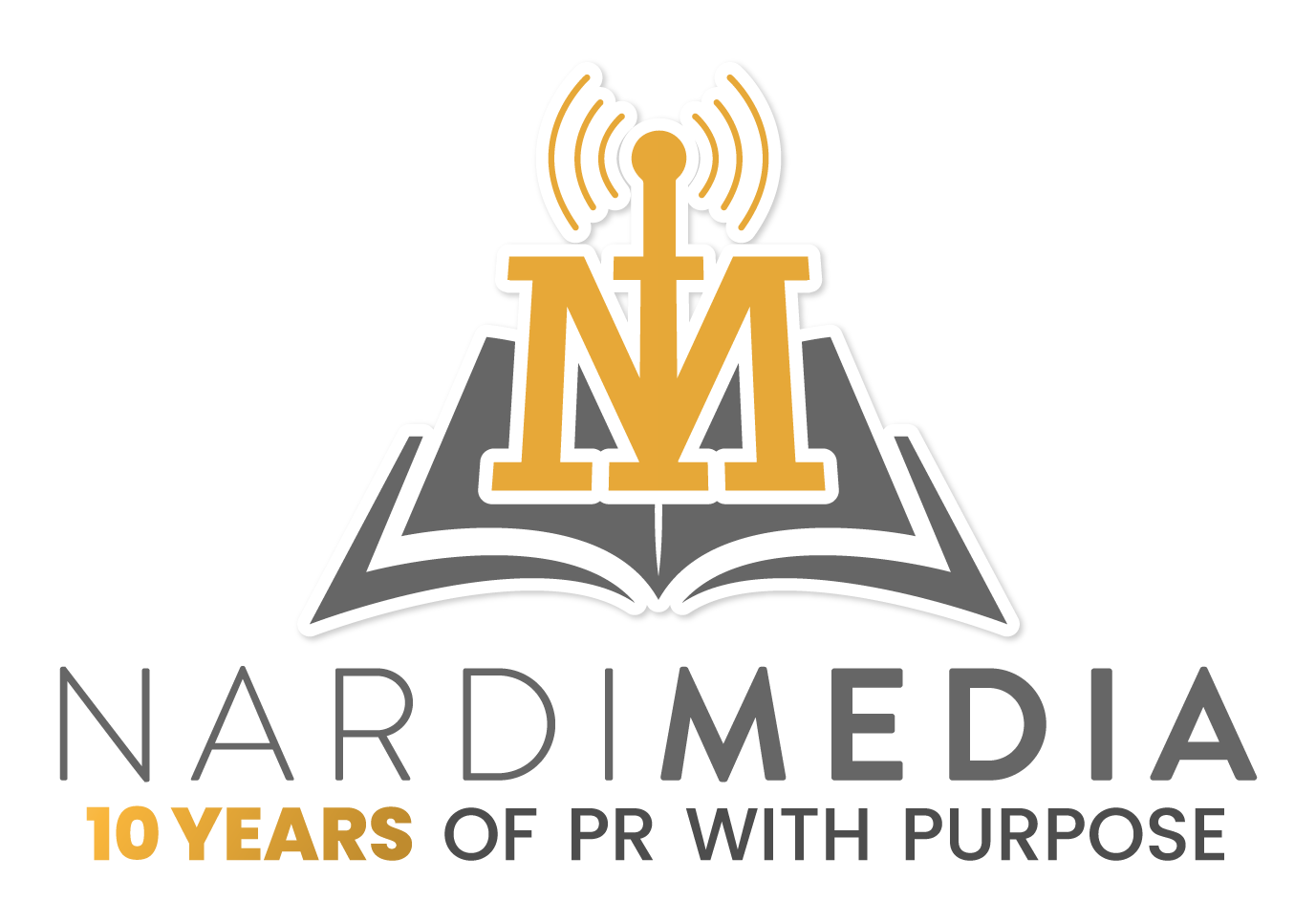You’re one step closer to getting your message out to the masses! You’ve nailed down a fantastic interview opportunity on that podcast or television show you’ve been targeting, you’ve prepped your messaging, you’ve solidified all details with the producer, and you’re likely wondering, “What questions will they be asking me?”
Whether you’re being interviewed for your first podcast or your hundredth television segment, I want you to feel liberated in knowing there are only three types of questions you’ll get asked in an interview. It’s normal to feel nervous, but I can assure you that if you do your homework beforehand, you’ll skyrocket your message, trust factor, and relatability with any audience.
Part of prepping for media questions (or really, any type of question and answer formats such as a speaking engagement or presentation) is knowing the types of questions you could be asked, which are:
- Killer questions. These are the trickiest questions to prepare for because they are the questions you’d really prefer not to answer. They might be tough or uncomfortable questions that could possibly agitate you or even infuriate you. You need to be prepared for them nonetheless. There is a common technique used by politicians, company executives, and interview subjects like yourself that you can implement: Blocking & Bridging. This technique allows you to take control of a question and transition to a topic you’re more comfortable addressing. The key here is to “block” the question you were asked by “bridging” to another topic, using appropriate bridging language. This technique should not be used for every question you’re asked, but it can provide a safety net for those tough killer ones!
- Ideal questions. These are the questions you want to be asked because they reflect your message. You need to be just as prepared to answer these questions as you are the killer questions! The best way to prepare for this one is mastering your messaging (check out my blog post on this topic HERE!).
- Google questions. While the reporter is googling you to find out about you, your company, your product, your situation, news about you, and more, YOU need to do the same! You might find nothing or very little, but there is also a chance you’ll come across things you won’t want to talk about. Make sure you load up on your news and be prepared to answer questions that might be formulated from that reporter’s Google search.
 Now that you have an understanding of the types of questions that could come your way, you’re probably wondering, how do I prepare to answer these questions? Don’t worry, I’ve got your back. Here’s how you can prep ahead of time so you walk into that interview ready to tackle whatever question is thrown your way!
Now that you have an understanding of the types of questions that could come your way, you’re probably wondering, how do I prepare to answer these questions? Don’t worry, I’ve got your back. Here’s how you can prep ahead of time so you walk into that interview ready to tackle whatever question is thrown your way!
- Write down your anticipated Killer, Ideal, and Google questions.
- Write your answers down, and then practice saying the answers to these questions out loud. When I am practicing for an interview, I usually write my anticipated questions and then write down my answers in bullet points. I then practice saying my message out loud and record myself on my iPhone or via Zoom. I watch or listen to the playback and self-coach myself. I sometimes have my husband ask me the questions and I’ll practice by answering out loud to him. The key here is practicing out loud because the way we write and the way we speak are two very different forms of communication.
- Never, ever “wing” an interview. The reporter will do his/her homework ahead of the interview, and you should do the same! Always write down anticipated questions, write your responses, say your answers out loud, edit accordingly, have someone else ask the questions, and repeat.
Practicing and preparing your anticipated questions and answers out loud is key to setting you up for a successful interview, and will help you succeed in getting your message to the masses!
